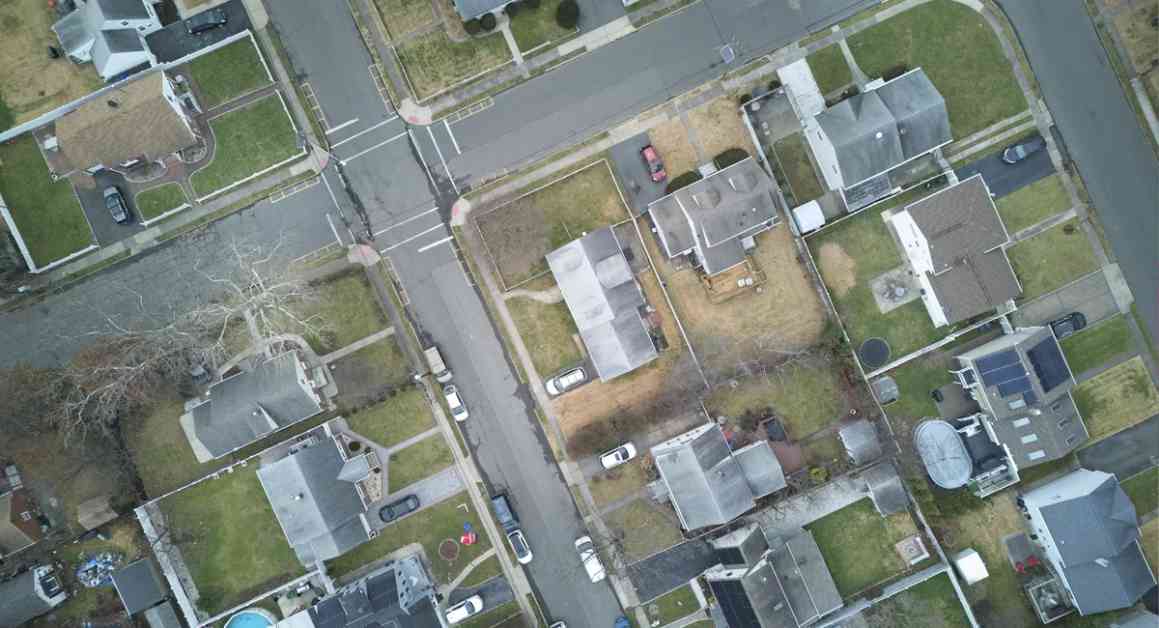A New Jersey Superior Court judge heard arguments on Friday from an attorney representing 26 towns seeking to put the state’s ambitious statewide affordable housing requirements on hold while they fight what they see as unfair housing development mandates being foisted upon them.
In October, the towns sued to invalidate a state law passed by the Legislature this year that laid out guidelines for calculating how much affordable housing each town must create over the next decade. The towns claim the law unfairly requires them to build more and more housing without accounting for how much development they can truly support.
“All we’re asking is to put the law on hold so that we can get into court and have a discussion on these issues,” Michael Collins, the towns’ attorney, told the judge on Friday.
If Judge Robert Lougy rules in their favor, it could throw a wrench into New Jersey’s efforts to tackle what officials claim is a 200,000-unit deficit in low-priced housing for the state’s most rent-burdened residents.
Levi Klinger-Christiansen, an attorney for the state’s attorney general’s office who is defending the case, said at Friday’s hearing that the town’s arguments are flawed. And he argued that the requirements of the state’s affordable housing law present a tight, cost-effective and efficient plan “so we can get to work” on the next round of affordable housing development.
### The Current State of Affordable Housing in New Jersey
The hearing comes as New Jersey enters its fourth round of state-mandated affordable housing development under what is known as the Mount Laurel doctrine, which states that all New Jersey municipalities must contribute their “fair share” of low priced housing. In October, New Jersey officials released target numbers for the state’s next 10-year round of affordable housing development, which seeks to develop more than 84,000 affordable homes in the state’s suburbs by 2035. Each town is being asked to generate about 150 affordable homes on average between June 2025 and 2035, according to an analysis of the data by Gothamist, though some towns are being asked to develop more.
Collins said that a Jan. 31, 2025 deadline for the towns to either accept their housing obligations or officially dispute the numbers puts a “gun to their head.”
### Disputes and Challenges
Under the law, the Legislature has tasked an administrative state court judge with appointing a set of state judges and legal experts to a panel, known as the Program, to review affordable housing disputes moving forward. In part, legislators have said they’re doing so to avoid the costly litigation that has been a hallmark of affordable housing disagreements across the state.
But Collins argued that the program is a violation of the state’s constitutional separation of powers. He said the power to appoint such a panel lies with the governor and the executive branch – not the judiciary. As such, the towns see themselves as suffering irreparable harm.
Klinger-Christensen, attorney for the state’s AG’s office, said the dispute program is “voluntary” and that if towns don’t want to participate they have the option to file a declaratory judgment in state court.
### Perspectives and Solutions
Collins also argued that the state has “overburdened” suburban towns by “overcounting” their obligations. Klinger-Christensen told the judge that suburban towns aren’t carrying the burden alone, and that if the affordable housing requirements were put on hold, the public would be harmed by the delay.
Adam Gordon, director of Fair Share Housing Center, a nonprofit that negotiates affordable housing plans with towns, told the judge that the new law signed by Gov. Phil Murphy earlier this year is “landmark” legislation that “deserves a chance to work” and that the towns would have to show an “extraordinary” level of harm.
In response to both sides’ arguments, Lougy said putting the law on hold is “not an ask of small consequence,” and he asked Collins if he thought doing so would create “chaos.”
Collins replied no and noted that the fourth round of the state’s affordable housing mandates doesn’t officially start until July 2025.
“We’re basically in the pregame. The game hasn’t even started. So the first quarter of the football game is in July,” Collins said.
The judge said he would make his decision on the towns’ motion before Jan. 1.












